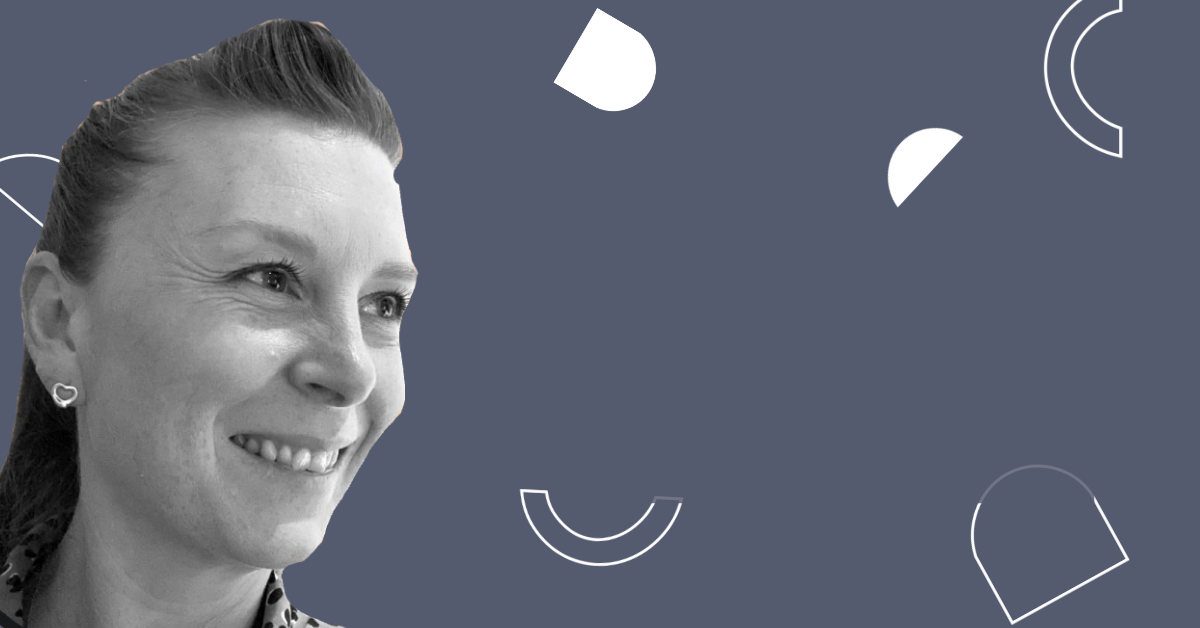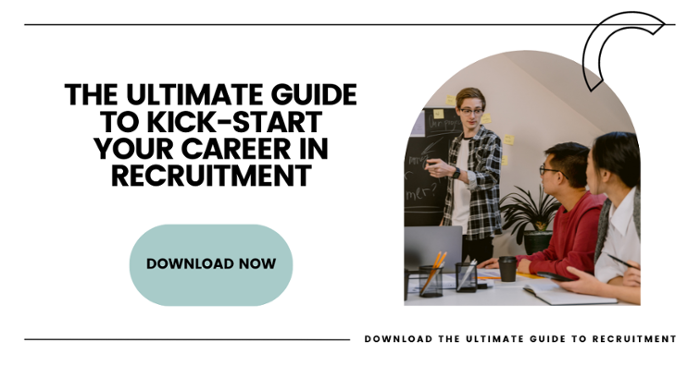
In today's people behind the brand, the series where you get to know the Orbis team, we sat down with Clare Struthers, Director & Head of Glasgow.
We chatted all about the highs and lows of recruitment, the top skills you need to be a recruiter, work in a team and balance life and work, and property development.
Let’s get to know Clare.
Tell us about your journey to Recruitment?
It’s a very random one, as most peoples probably are.
So, I started doing sports massage at college when I was playing badminton up to like development squad level for Scotland and I wanted to understand how to repair myself if I get injured. That then took me to London to explore and live in a different city outside of Glasgow for six months and I ended up staying there for about 16 years.
My first job was running a sports league for netball, cricket and football at a leisure centre before I moved into car sales and became a business manager for BMW. My sister had two children in Glasgow and I lived in London and was working every weekend so I didn’t get to see them so I decided to look into a new career.
I heard somebody talking about recruitment in the pub and it sounded like something that was right up my street in terms of salary expectations, freedom and excitement. So, at a netball game after speaking to a friend about it, she said her sister was working in recruitment and she referred me to our company. I then went and interviewed with another four or five and got offered a job, accepted it and got into the Monday to Friday game.
What's the best part of the job?
Probably the competitive element of it. I am extremely competitive even when I did my strengths finder as a Junior Leader, that was one of my top five strengths - I could compete with anything.
Also, you get to elevate someone's career and help them shape their future. Recruitment is like sport as far as I'm looking at it. I mean, you're always having to compete, whether it's to find the best candidate for the job before someone else does, or pushing yourself to be the best within your team or your company.
So I just enjoy that side of my personality being able to come alive.
What's the biggest challenge?
Working through ambiguity.
Recruitment is like life in the way that it just changes constantly and you just have to roll with the situation, adapt to change and realise that people aren't a product or an object that you're working with. This means that it comes with a lot of change, very quickly and out of nowhere and you just have to work with moving goalposts or just second-guessing what could happen and try to plan for that.
Every day is different.
Every day in recruitment for the last 20 years has been different. Even last month, I was involved in a process with a few candidates and it was one of the most complex recruitment processes I’ve seen in the 20 years I worked here. So, we’re constantly changing and every day, I am still learning.
What is something that you wish you'd known at the start of your career?
It's okay not to know everything.
And if you can understand the job you've been asked to do and the company who is hiring, and you understand that our job is about relationship-building, communication making sure that is effective, you’re transparent - then you probably can't go wrong.
You’ve been in recruitment for some years, what’s been your highest high and lowest low? Have you ever wanted to quit and if so, why did you stick with it?
My highest high was when I had to add some very heavily criticised feedback from my team at the time direct to my line manager.
So, I did a lot of personal development over a 12 to 18 months period with a team that had previously gone against me and I had to work on my weaknesses and work on the criticism that came in. So, one year after working on that, that exact same team, won team of the year and I won manager of the year so that was my biggest high.
The lowest low was losing the confidence of the staff within the team. I was a good biller and I was very good and trusted to bring in a lot of revenue but the move from individual contributor to team leader is normally seen as a natural progression; however, it is a very different job.
So, making that move when you're used to controlling every element of your day-to-day, speaking to the customers, speaking to the candidate, to then going into a role where you can’t control everything and being seen as micromanaging was the lowest low.
Oh, yes, I have wanted to quit on various occasions.
But the real reason why I stayed is that when I looked back at actually why I wanted to quit wasn't about recruitment. I love it and I'm passionate about it and I would have probably just been running away from my weaknesses that would have just followed me into the next place, in the same cycle and would’ve just repeated itself.
So I looked inwards and decided that the issue with me was that I needed to relinquish control and I had to learn if I wanted to manage, how to manage to be suitable for the people that needed to be managed. I wanted to get a sense of satisfaction from basically seeing my performance but also teaching someone at an entry level, and giving them the skills, coaching, training and teaching them into some of the best billers in the company.
I had the top rookie for about eight years in a row, the top biller in my team for about 6 years in a row and at one point, I had 5 out of the top 10 in my team turn into humble business leaders and MD’s in recruitment companies and that is why I stay. Recruitment is my passion and I enjoy teaching people the skills to do that to elevate their lives to the level that I had the chance to get. A girl with no recruitment experience, was given the chance to excel and it completely changed my life so, so I like to give other people that chance.
You are heading up the Glasgow team and are doing a great job at growing the team, what behaviours do you look for when hiring?
I'm a big believer that if you hire well and manage the culture then the performance takes care of itself which is just my underlying thread.
I keep it very simple and when I go to market for a profile, I look for a very similar profile. Everybody's very different, but the characteristics underneath it are nailed on so I'm very consistent. With the interview style, I don't mix it up, I stick to the same process and the same thing so that everybody that comes through me has the same interview, the same tests and I can judge fairly on the credibility of that person.
I look at the two key things; I look at hard work and resilience, but also for strong proof of learning ability where they can learn and learn quickly. So I'll look at that through two things either university if they don’t have previous work experience, or if they have the had work experience, have they gone in and propelled themself up through that one company in various stages in a steady, consistent manner - which shows loyalty, hard worker and progression.
And then humbleness. Massive on that. So, if I do that, then they’re easy to train and coach but the rest it's up to them. They've got the skills, they just need to learn the practical ability to turn it into reality.
What are the top skills everyone needs to:
A, be a recruiter?
I'd say the ability to ask intelligent questions, but then have the skill to listen to the answers and probe the answers that you've gotten to understand the why behind every single answer you've heard. If you understand that, it doesn't matter whether you’re a cleaner, astronaut, a teacher, or the same job, you just need to ask the right questions and have the ability to listen to what's being said and then take the conversation further and implement it.
B, work in a team?
I’d say, have a genuine personality that applauds people's success rather than being envious.
C, balance life and work?
I think to have the ability to know what's important to you right now. Set your boundaries and ensure you've got time to prioritise what's important to you through those boundaries.
In another life, what do you think you'd be doing?
Property Development - but there’s still time!



